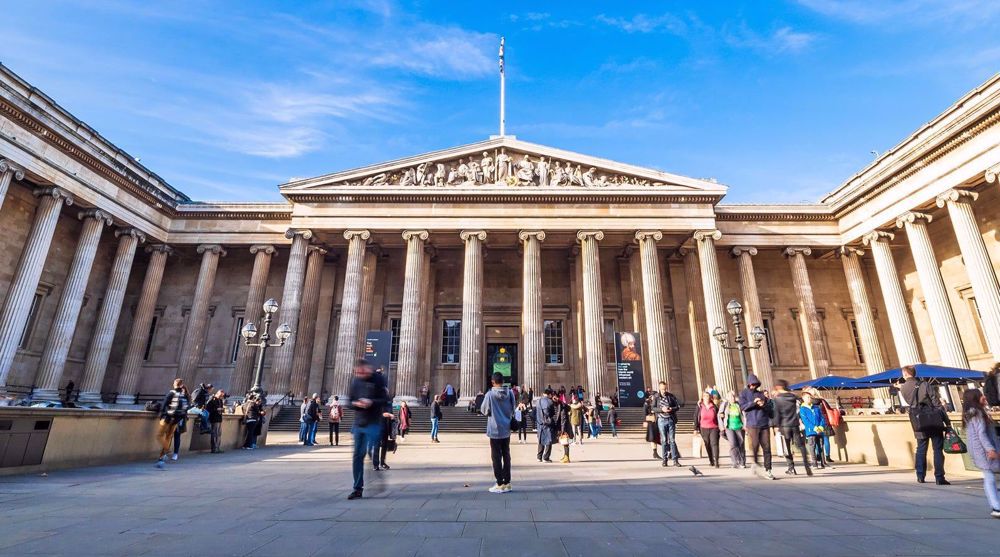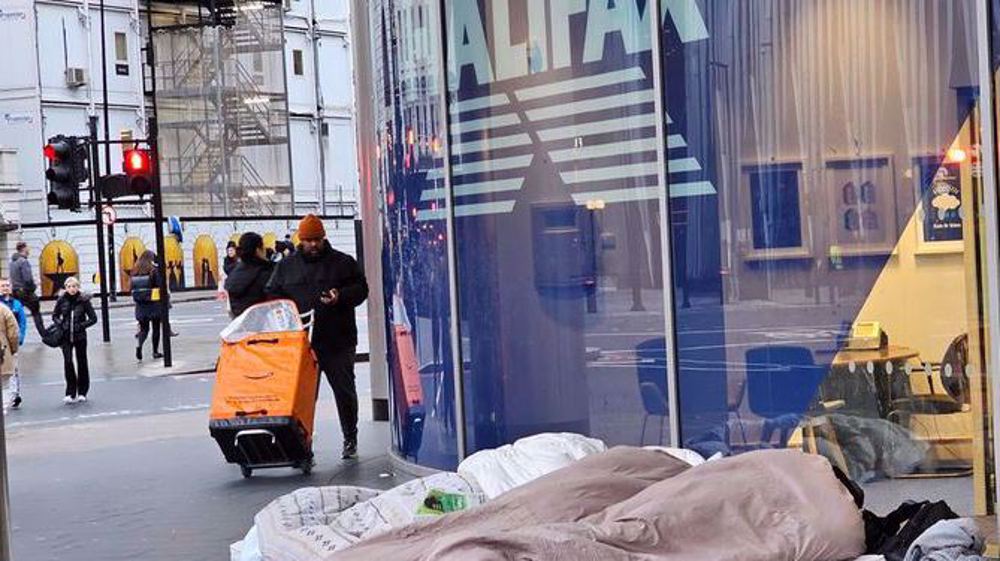Demonstrations held across UK against Brexit
A series of demonstrations have been held across the United Kingdom to protest the Brexit vote and call on the government to remain as a member of the European Union (EU).
Thousands of people took to the streets to express their opposition to the vote in central London, and marched to Parliament Square on Saturday.
They held pro-EU and anti-Brexit banners and shouted slogans against the June 23 vote, which obliges the UK to leave the 28-member union after 43 years of membership.

They demanded support for keeping tight economic, cultural, and social relations with the bloc and urged the government to halt invoking Article 50 of the Lisbon Treaty-- the step required to officially begin the withdrawal.
The negotiations are not expected to start until next year.
The protesters met a group of people, who held a counter rally in support of Brexit in the square. Police, however, separated them to prevent possible confrontation.
Demonstrators also took to the streets in other cities, including Birmingham, Oxford and Cambridge. Anti-Brexit rallies were also held in Edinburgh, the capital city of Scotland.
The Brexit vote prompted Scotland's First Minister Nicola Sturgeon to call for a second independence referendum, saying it would be against Scotland’s national interest to be forced out of the EU when its voters chose to stay.

While Britain voted 52-48 percent to leave the bloc, Scotland voted 62-38 percent to remain in the union.
On Friday, Sturgeon said the time has come to launch a “new conversation” on independence. She said every poll taken since the Brexit vote had shown an escalation of support for independence.
In a 2014 referendum, Scotland voted 55-45 percent to preserve the 307-year-old political union with England and Wales as Great Britain.
UK's police arrest ex-prince Andrew over sex scandal linked to Epstein
Iran elected vice-chair of UN Special Committee on Charter
Iran envoy says decision made to exchange ambassadors with Egypt
Russia continues to develop relations with Iran: Kremlin
VIDEO | Friends of Palestine meet at UN in Vienna
Trump’s war-mongering on Iran sparks sharp rebuke from US lawmakers
Top American columnist warns of Netanyahu exploiting Trump for Iran war
VIDEO | Press TV's news headlines













 This makes it easy to access the Press TV website
This makes it easy to access the Press TV website